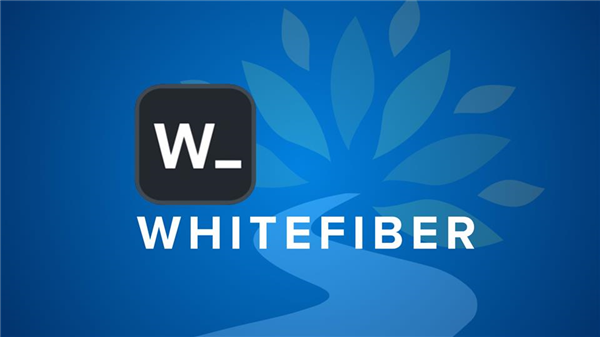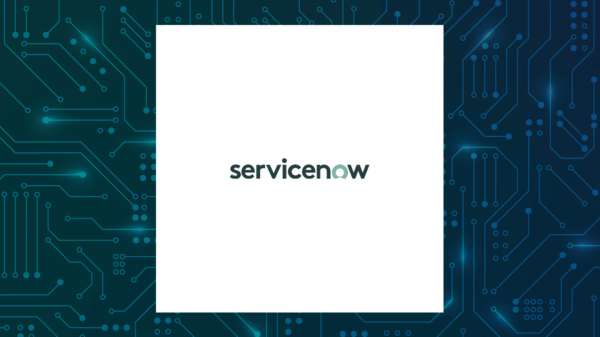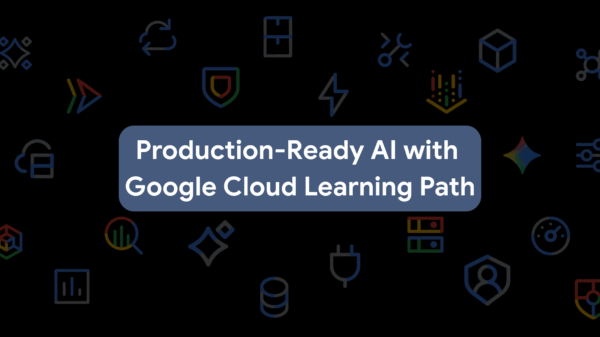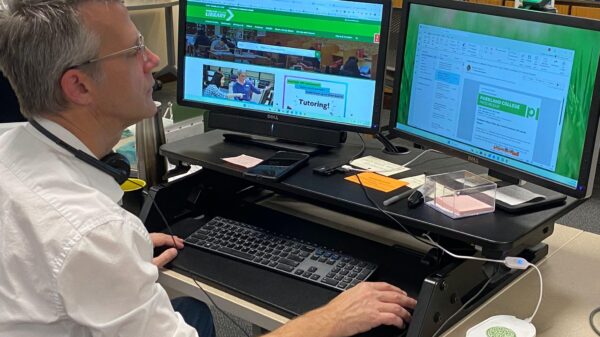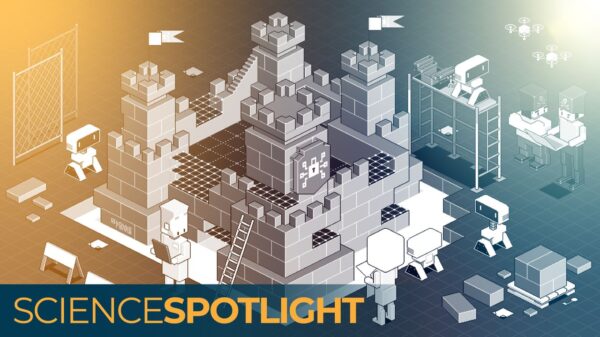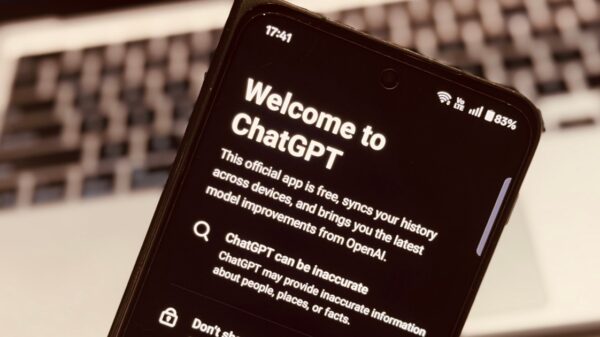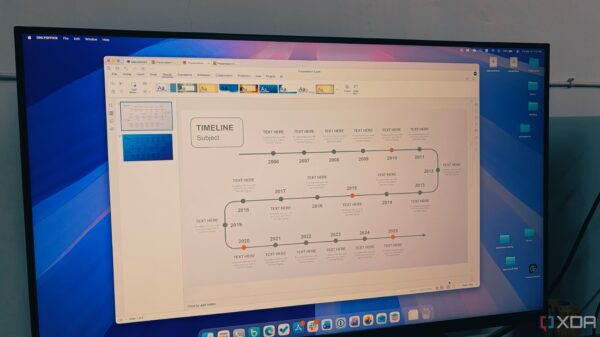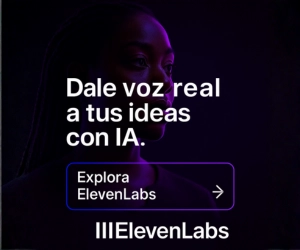Do I need to buy extra software or apps for my child?
No. The Halifax Regional Centre for Education (HRCE) provides access to approved tools and platforms necessary for student learning. Families are not required to purchase additional apps or subscriptions.
What if my child forgets their password or can’t log in?
Each school has a designated process for resetting student accounts. Parents or guardians should contact their child’s teacher or the school office for assistance.
How much screen time is too much?
In HRCE, technology use is intentional and balanced with offline, hands-on learning activities. Teachers design lessons to minimize unnecessary screen time while keeping students engaged through various methods.
How is my child’s privacy protected?
HRCE adheres to provincial guidelines regarding student privacy and only utilizes online tools that meet rigorous security and accessibility standards.
 Andrew Ng Advocates for Coding Skills Amid AI Evolution in Tech
Andrew Ng Advocates for Coding Skills Amid AI Evolution in TechCan my child use AI to complete assignments?
AI can serve as a support tool for learning in specific contexts, such as brainstorming, providing feedback, or research assistance. However, students are expected to complete their own work and critically evaluate AI-generated content. Teachers offer clear guidance on the responsible use of AI.
What if I need to reach my child during the school day?
According to the provincial cell phone policy, students are instructed to store their phones during instructional periods. If you need to contact your child, the most effective way is to call the school office.
Understanding Technology in Education
The integration of technology in education, particularly in environments like HRCE, raises significant questions for parents and guardians. The concerns range from additional costs associated with software to the implications of screen time and privacy risks. The HRCE aims to alleviate these concerns by providing essential tools directly, thereby avoiding the need for families to incur extra expenses on educational apps or subscriptions.
Another critical aspect of technology use in schools is student privacy. HRCE follows stringent provincial regulations to ensure that students’ information is safeguarded when utilizing online platforms. This adherence to security protocols highlights the organization’s commitment to maintaining a safe educational environment amid the growing prevalence of digital learning tools.
AI’s Role in Education
With the increasing discourse around artificial intelligence (AI) in education, the HRCE’s position on its use is noteworthy. AI can facilitate learning by supporting tasks such as brainstorming or giving feedback, but it is not a substitute for students’ own efforts. Schools emphasize the development of critical thinking skills in evaluating AI-generated content, preparing students for the increasingly technology-driven landscape of higher education and the workforce.
The cautious approach toward AI in educational settings reflects broader trends in the AI industry, where responsible usage is paramount. Schools aim to provide students with the tools necessary to navigate these technologies effectively, fostering an environment of thoughtful engagement rather than passive consumption.
In a time when educational methods are evolving rapidly, HRCE’s policies regarding technology use, screen time, and AI integration offer a framework that many educational institutions may look to adopt. These guidelines ensure that the benefits of technology are leveraged while also addressing the concerns of parents about privacy, screen time, and overall educational quality.
In conclusion, HRCE’s approach serves as a model for balancing technology’s advantages and the need for meaningful learning experiences. By providing necessary tools, safeguarding privacy, and encouraging responsible AI use, schools can create an enriching educational experience that prepares students for the future while respecting the concerns of families.









